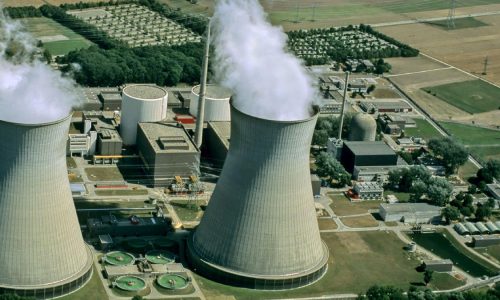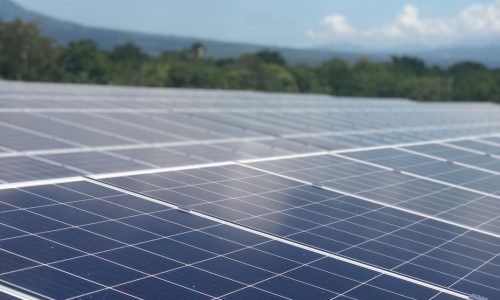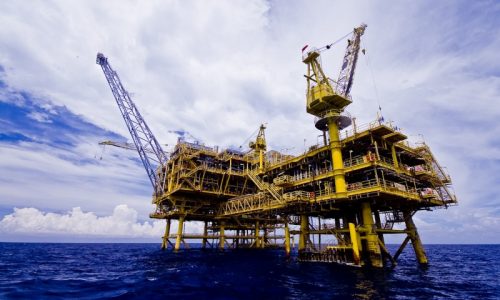President Prabowo Subianto hosted members of the Japan Indonesia Association (Japinda) at the Merdeka Palace on Thursday, December 5, 2024, to discuss strategic infrastructure projects, including the Abadi Gas Project in Masela Block and the giant sea wall initiative.
The meeting, attended by Coordinating Minister for the Economy Airlangga Hartarto, Minister of Investment and Downstream Industry Rosan P. Roeslani, and 20 Japinda delegates, marked a significant step toward accelerating major bilateral infrastructure efforts.
Minister Rosan highlighted that Inpex Corporation, the majority stakeholder and operator of the Masela Block, plans to finalize its Front-End Engineering Design (FEED) and reach a Final Investment Decision (FID) next year.
“Inpex is committed to moving the Masela project forward after two decades of planning. We aim to see progress by next year,” Rosan spoke to the media after the meeting held on Thursday, December 5, 2024.
The Masela Block, located in the Tanimbar Islands, Maluku, contains an estimated 4 trillion cubic feet of natural gas reserves.
Production is projected to reach 9.5 million tons of liquefied natural gas (LNG) per year and 35,000 barrels of condensate per day. Alongside Inpex, State energy company PT Pertamina and Malaysian oil company Petronas hold stakes of 20 percent and 15 percent, respectively.
Giant Sea wall initiative
Japinda expressed interest in supporting the construction of the giant sea wall to protect coastal areas in Java, particularly along Jakarta’s northern coast.
This initiative is critical, given the alarming rates of land subsidence (1–25 cm per year) and sea-level rise (1–15 cm per year) in the region, exacerbated by frequent tidal flooding (Rob floods).
The government estimates direct economic losses from annual flooding in Jakarta’s coastal areas at Rp2.1 trillion (US$132.5 million) per year, which could escalate to Rp10 trillion per year within a decade without intervention.
The planned giant sea wall will span 40 to 600 kilometers and is estimated to cost Rp164.1 trillion for the Jakarta segment alone.
Japinda’s potential role includes financing and construction expertise, leveraging its members’ involvement in large-scale infrastructure projects.
“Japinda members are well-versed in construction, and the government hopes for their active participation in funding and execution,” Rosan noted.
Strategic importance of Java’s Northern Coastal Areas
The North Coast of Java plays a pivotal role in Indonesia’s economy, contributing 20.7 percent of the national GDP through industrial, fisheries, transportation, and tourism activities, according to a 2020 study by the Japan International Cooperation Agency (JICA).
This region hosts 70 industrial estates, five special economic zones, and numerous industrial and growth centers, making coastal protection an urgent priority.










